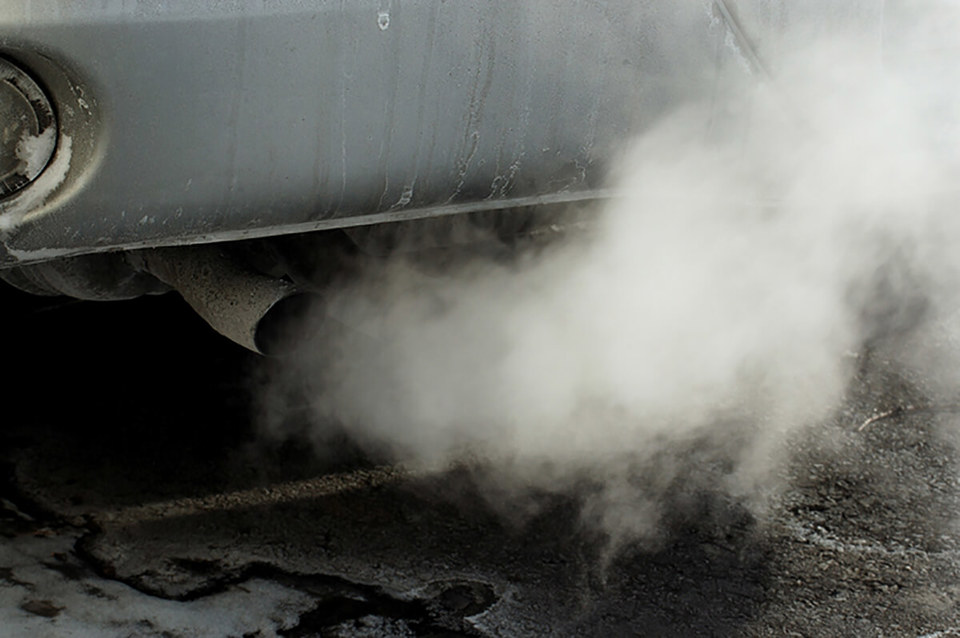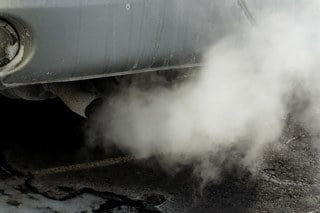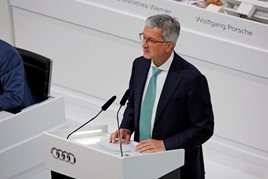An investigation has been launched into whether BMW, Daimler and the VW Group, including Volkswagen, Audi and Porsche, colluded on the development and roll out of technology to clean the emissions of petrol and diesel cars.
In October 2017, the European Commission (EC) carried out inspections at the premises of BMW, Daimler, Volkswagen and Audi in Germany as part of its initial inquiries into possible collusion between car manufacturers on the technological development of passenger cars.
This investigation focusses on information gathered so far that indicates BMW, Daimler, Volkswagen, Audi and Porsche, also called the "circle of five", participated in meetings where they discussed among other things the development and deployment of technologies to limit harmful car exhaust emissions.
In particular, the Commission is assessing whether the companies colluded to limit the development and roll out of certain emissions control systems, namely: selective catalytic reduction ('SCR') systems to reduce harmful nitrogen oxides emissions from passenger cars with diesel engines; and ‘otto' particulate filters ('OPF') to reduce harmful particulate matter emissions from passenger cars with petrol engines.
Commissioner Margrethe Vestager, in charge of competition policy, said: "The Commission is investigating whether BMW, Daimler and VW agreed not to compete against each other on the development and roll-out of important systems to reduce harmful emissions from petrol and diesel passenger cars.
“These technologies aim at making passenger cars less damaging to the environment. If proven, this collusion may have denied consumers the opportunity to buy less polluting cars, despite the technology being available to the manufacturers."
The investigation will aim to establish whether the conduct of BMW, Daimler and VW may have violated EU antitrust rules that prohibit cartels and restrictive business practices, including agreements to limit or control technical development.
At this stage, the Commission has no indications that the parties coordinated with each other in relation to the use of illegal defeat devices to cheat regulatory testing.
Other topics discussed by the companies
The Commission's formal investigation is only focussing on the emissions control systems. These were only some of the issues discussed by the circle of five, says the Commission. Numerous other technical topics were discussed, including common quality requirements for car parts, common quality testing procedures or exchanges concerning their own car models that were already on the market.
The "circle of five" also had discussions on the maximum speed at which the roofs of convertible cars can open or close, and at which the cruise control will work. Cooperation also extended to the area of crash tests and crash test dummies where the car companies pooled technical expertise and development efforts to improve testing procedures for car safety.
At this stage, the Commission does not have sufficient indications that these discussions between the "circle of five" constituted anti-competitive conduct that would merit further investigation. EU antitrust rules leave room for technical cooperation aimed at improving product quality.
The Commission's in-depth investigation in this case concerns specific cooperation that is suspected to have aimed at limiting the technical development or preventing the roll-out of technical devices.
The Commission investigation comes in the wake of an earlier investigation into a truck cartel operating in Europe. In July 2016, DAF, Daimler, Iveco, MAN and Volvo/Renault all admitted to having participated in a 14-year illegal price-fixing cartel, between 1997 and 2011.
Scania initially denied any wrongdoing but, following an investigation by the European Commission, was also found to have participated in the cartel.
Collectively, the truck manufacturers were fined more than €3.8 billion (£3.4bn) – the largest ever penalty imposed by the European Commission in this type of case.























Derek Webb - 19/09/2018 18:08
The new collusion investigation into the German brand OEM’s is an awful event that further demonstrates the mentality of modern main board directors working in industry today. When we understood what was happening in “institutions” prior to the 2008 crash it was shocking but showed naivety on my part. The recent revalations of executives Bonuses in all industries hitting millions without the Company numbers to explain them is a further representation of modern business methods - take as much as you can NOW using almost any route as necessary. I sincerely hope that the German investigation comes to nought, but I fear it will be another shame on our industry “leaders”